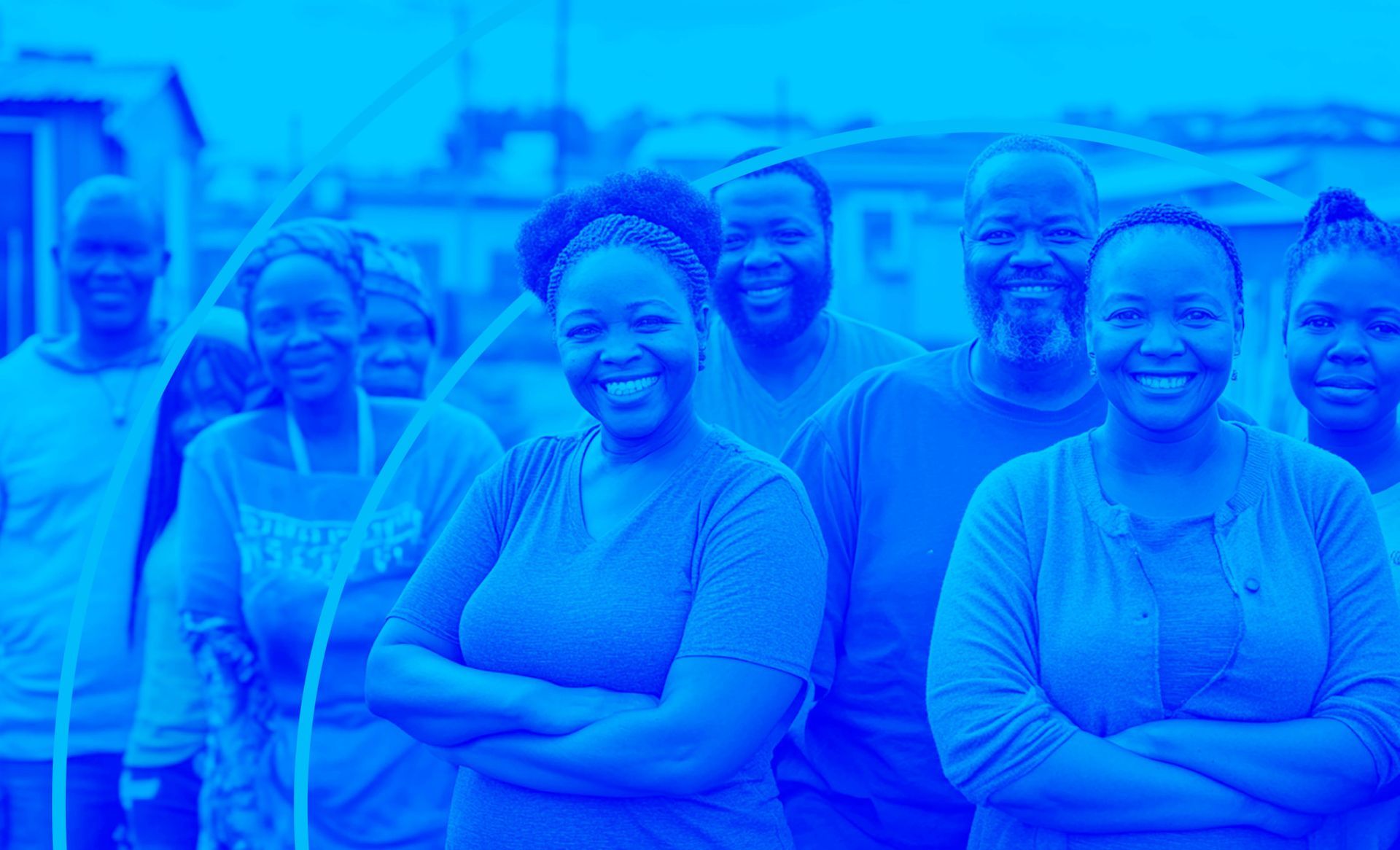Dear StokFella Family,
Wealth in Africa has often been seen as more than just individual success—it is about the strength of the collective. Across the continent, communities have long practiced financial cooperation as a means of resilience and growth. This spirit of shared prosperity is the foundation of community capital, which is best exemplified by stokvels. More than just savings groups, stokvels are dynamic financial networks built on trust, mutual accountability, and common goals. As access to traditional financial services remains limited for many, stokvels prove that when people unite financially, they create sustainable solutions for long-term wealth-building and financial security.
At StokFella we believe it is time to go Back to Basics – to remind South Africans of the power of saving through stokvels. Financial security starts with the discipline of putting money aside, no matter how small. The foundation of financial stability is savings, and stokvels provide a practical, accessible way to make that possible.

The Behavioural Economics of Stokvels
At the core of stokvels is a deep understanding of human behaviour. While traditional financial systems rely on contracts and credit scores, stokvels function on the foundations of social proof, trust, and reciprocity—key behavioural economic principles that influence financial decision-making.
1.Social Proof & Belonging
People tend to follow the behaviour of those they identify with. Within stokvels, members see their peers saving and investing, reinforcing the belief that financial discipline is both achievable and beneficial. This sense of belonging encourages consistent participation, reducing the temptation to spend impulsively.
2.Trust as Collateral
In mainstream finance, lending is secured through assets or credit history. In stokvels, trust replaces collateral. Members contribute regularly, not because they are legally bound, but because of long-standing relationships and a shared understanding that their turn to benefit will come. This mutual accountability fosters stronger financial discipline than many formal lending structures.
3.Reciprocity: The Unwritten Rule
Reciprocity is deeply embedded in African culture. Within stokvels, members know that their contributions today will ensure financial support when they need it. Whether it's a burial society, an investment, savings, or grocery stokvel, the expectation of mutual support sustains these groups across generations.

Community Capital as an Engine for Growth
While stokvels have traditionally focused on saving, they are increasingly being leveraged for investment, wealth-building and community upliftment. This evolution shows that community capital is not just about short-term financial relief—it is a model for long-term economic transformation. By leveraging collective power, stokvels are driving financial inclusion, fostering entrepreneurship, and strengthening economic resilience across South Africa.
The Future of Stokvels in Africa’s Financial Landscape
As Africa's financial landscape evolves, stokvels remain a vital component of the economic ecosystem. At StokFella, we believe that the future of finance in Africa is rooted in its people. Community capital is not just an alternative to mainstream banking—it is a powerful, people-driven model that continues to shape the continent’s economic future. By recognising and embracing the strength of stokvels, we can harness the power of collective action to build a more inclusive and prosperous Africa.
While technology like StokFella is bridging the gap between informal and formal finance ensuring that community capital remains relevant in a digital era, the behaviour of committing to saving as a collective is how we build financial resilience in South Africa.
Tshepo Moloi
CEO, StokFella











